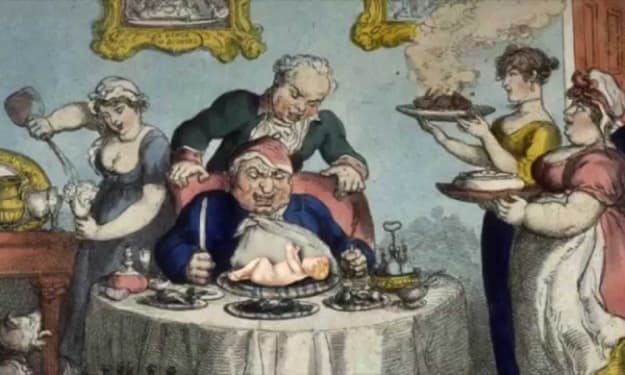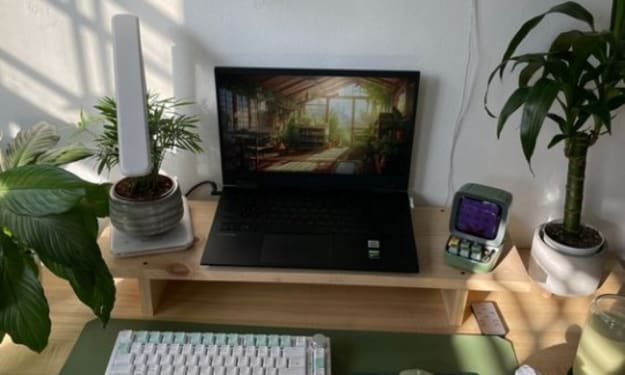
The people with power, money and status hoped things would return to normal. But the pandemic lasted too long.
Thousands who had paid day by day to attend an office and bask in the status of not being one of those sweaty little people who worked outdoors, cleaned toilets or helped heal the sick learned that the little people mattered more to society than the squeaky clean office workers in bullshit jobs.
Those same office workers learned that the office was redundant, too often merely a shrine to the employer’s ego and the employer’s paranoia that the commodity labour they called “human resources” –with emphasis on “resources” not “human” – were not being used to the full, not exploited till they broke and could be replaced with fresher, younger, more gullible resources.
Some workers had no identity other than as employees of a major organisation. Living for the weekend still they missed the tribal identity of the office, the squabbles and gossip, the feeling, as they entered the great lobby and nodded to the receptionist, that they were the favoured acolytes of a god.
Others rebelled. Made it clear they wanted to work permanently from home. They had rebuilt relationships with family, friends and neighbours using the ten hours a week they used to spend commuting. The nature of employment and indeed work had changed.
The employers, or rather the managers who could not look out, as if from a panopticon, over the huddled heads of their subordinates, were unhappy. From higher up the view changed and the boardrooms began to wonder if they needed these offices, some in out of town locations with beautifully kept lawns and artificial rivers. Some cancelled their leases, some renegotiated rent, some sublet. Smaller and cheaper became beautiful. The price of homes that could harbour a home office rose.
Nature thrived as pollution reduced. Waters got cleaner. Gardeners reported larger flowers and bushes blooming that had never bloomed before. Most of the pollution had been caused by factories, trains and cars, but few environmental warriors wanted a curb on cars, their surrogate penis. Instead they blamed aircraft emissions for the pollution though planes had flown empty throughout lockdown so the airlines could keep their expensive airport parking spots. The sheer weight of cars had affected the Earth’s crust, and the miasmic factory produced cloud over China had almost vanished. Few wanted the pollution back. Even fewer had an evidence backed way to keep pollution at bay.
Locally wildlife became bolder, less afraid of humans, less willing to hide away and come out only at night. Where they posed no threat to humans they were welcomed.
Global and local economies took a hit. The primacy of growth, the motor of Corporate Capitalism which had ruled the world for some 300 years, began to slip. In order to survive governments began experimenting with a universal comfortable (rather than merely basic) income.
They found to their surprise that replacing almost all benefits with the universal income proved just about cost neutral and losing the administrative burdens of the social security net and abandoning the centuries old distinction between the deserving and undeserving poor tipped the scale.
Employers loved the reduction in payroll costs: no workplace pension, vastly reduced national insurance contributions (only health care remained) and simpler tax: all income from employment was taxed at 50%. Wages rose as employment became largely optional. Employment law was rewritten in order to ensure workers were well treated. The master and servant focus of employment law, a hangover from the 19th century and earlier, vanished. Self employment rose with the inland revenue taking a closer look at business expenses than before. The self employed were obliged to hold separate bank accounts, with charges strictly regulated and AI used to check for malfeasance by banks and account holders. The same AI told entrepreneurs exactly how much they could draw from their account at any moment. Once a month tax money flowed from their accounts to the Inland Revenue and, if need arose, in the reverse direction. There were of course human checkers and accountants were still in business, if only as advisors who knew both the price and the value of everything. Many used the same AI as the tax man but tested their ideas by feeding it different assumptions.
Employers still tried to reduce costs and automated and streamlined operations as much as possible now they no longer had to create bullshit jobs in order to keep the economy going. As a result they vindicated the much-maligned labour theory of value as free market competition drove prices down and the Universal Income, paid for by a tax on the profits from automation, became worth more. Luxury Capitalism became the norm. Neoliberalism was dead, and no one wanted it back, not even those who profited most from it, though some who loved power more than money lamented the death.
The social impact was revolutionary. Everyone who was employed knew they were needed, not hired to boost a manager’s career. Work exploded out of home offices into newly opened libraries, coffee bars and, weather permitting, parks. The office workers, arrogance largely gone, interacted, mostly positively with those they had regarded as an underclass. Teaching gained new status as did any skilled, dirty or dangerous occupation where humans could not be replaced by machines. Working hours shrank and became flexible as productivity (achievement of targets) replaced input (the 40 hour week) as the measure of performance. Communities began to reform, based on location and occupation.
Everybody’s health improved. Shorter working hours, less stress commuting and more time to maintain mental and physical health all boosted wellbeing and lifespan.
One of the casualties was the United Kingdom. As happened in 1989 with the Soviet Union the not unexpected end of the United Kingdom was announced in the Media without warning, and a federation of independent countries rapidly formed, only to break up once relationships and treaties had been agreed and ratified. Nobody missed it, not even the Monarch, who was kept in place by popular acclaim as a much loved but powerless figure with no role in or influence on government.
Perhaps the most radical change was the least noticed. AI became more sophisticated and slowly took over government. As its predictions and recommendations came to prove more reliable than those of humans, delivered more prosperity for everyone and the problems with and biases of the algorithms it used were ironed out politicians nominally in charge, all over the world, increasingly employed deep fake avatars to interact with the public and took long breaks. Eventually the machines replaced politicians completely employing some humans as advisors and a few politicians (biological not digital) as talking figureheads. The public never knew.





Comments
There are no comments for this story
Be the first to respond and start the conversation.